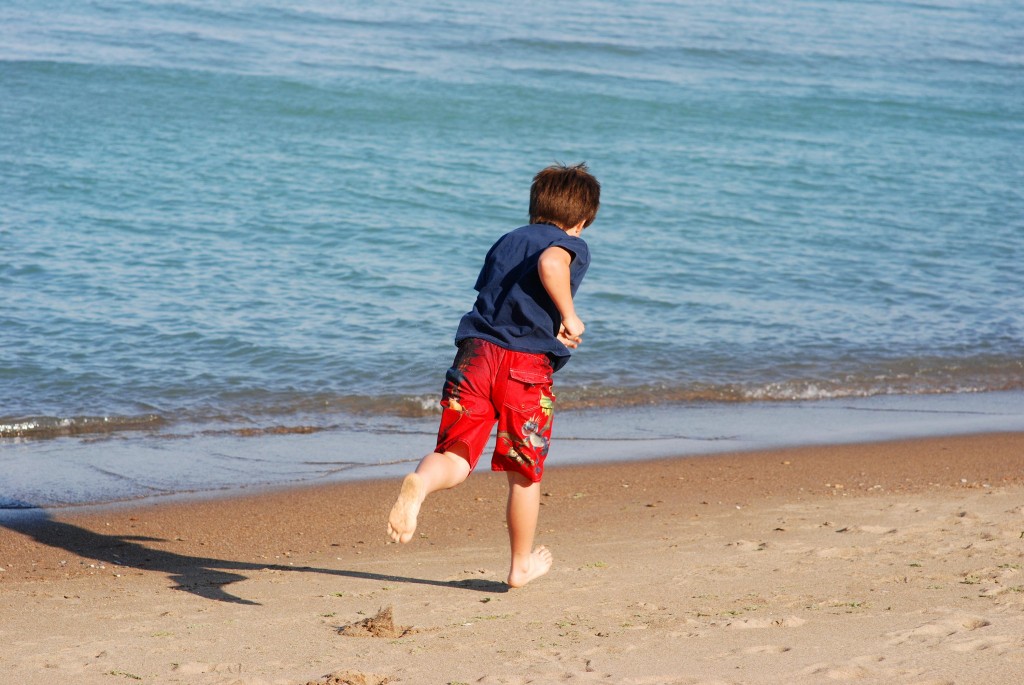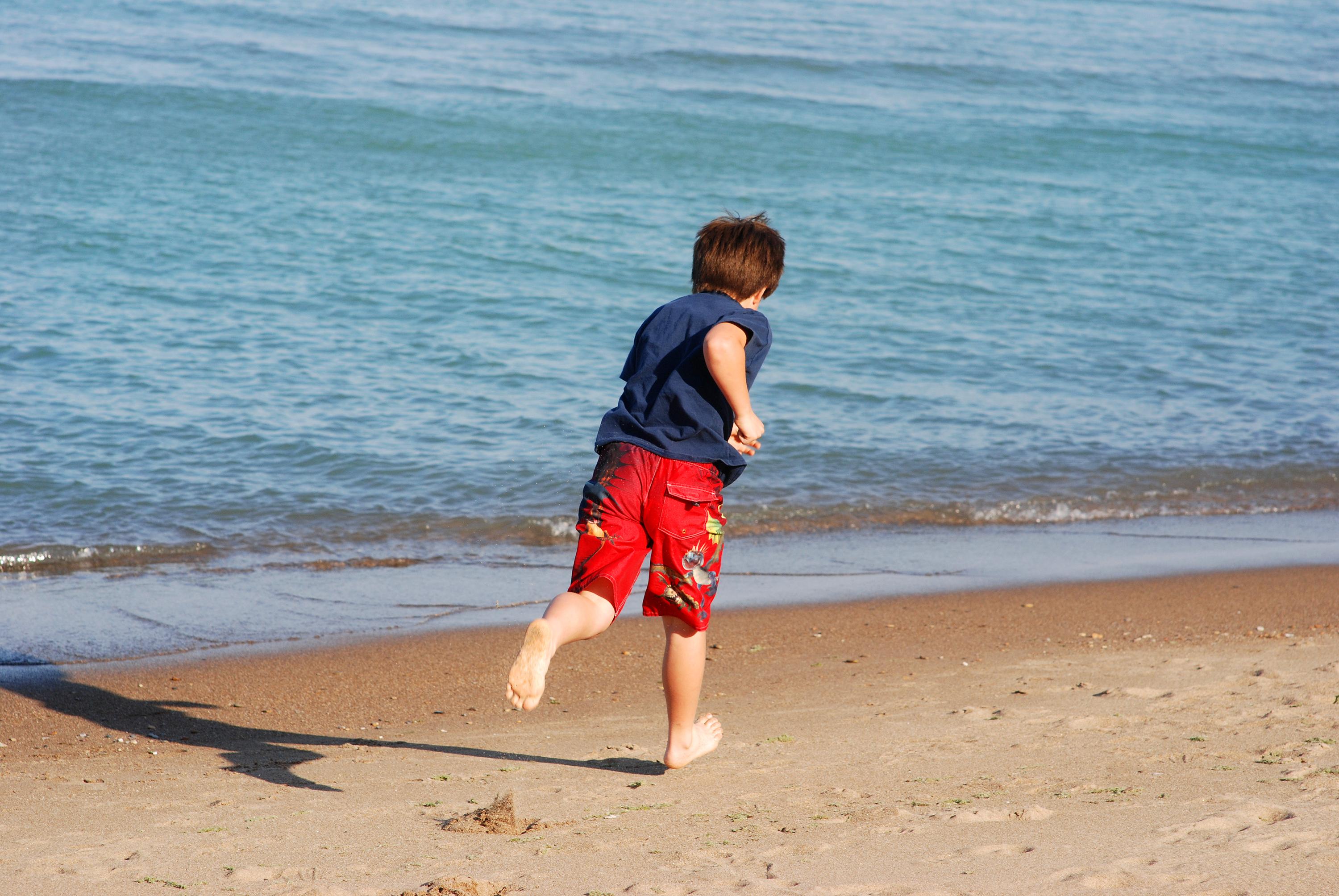
In 2004 our son Andrew was diagnosed with severe autism (by today’s DSM-5 diagnostic standards, a level 3 in severity). Since then, the amount of sleep we have lost worrying about our son’s safety cannot be quantified. There is no chart or graph or equation in existence that can statistically depict the fear we feel each day, the anxiety we live with, the constant reel of “what ifs” that consume our days and plague our nights.
Wandering is real.
The threat of death due to wandering is real.
For families like ours, it looms in the foreground, infiltrating every decision we make, every thought we have. Where we go, how we get there, and what security measures are in place once we arrive are questions that lead every single conversation we have. Even our home is not 100% foolproof. The minute we believe it is, we invite complacency to appear, and our son cannot afford for us to have a false sense of security. So we know that despite locks on every single door (including the five different kinds on our front entry) and door alarms, and what can only be referred to as extreme vigilance, we acknowledge there is a margin of error. And that scares the living crap out of us.
The lock our son cannot open today, may be the lock he masters tomorrow. His triumph would be our tragedy.
His inability to understand the guaranteed danger he would find himself in should he ever escape our watchful eyes and protective measures compounds an already difficult and desperate situation.
The last eleven years of parenting our amazing, loving, exceptional son has taught us many valuable and wonderful lessons about life and love and purpose. But there is a dark shadow that penetrates these lessons, and it comes from knowing that just around every corner lurks the possibility for loss and heartbreak.
The burden should not be on our children.
The burden cannot be on parents alone.
Moms and dads across the nation who are terrified of losing their child with autism to wandering need HELP. How many more sons and daughters have to die from wandering before we are heard? How many news stories will it take? How many graphs and charts and statistics do the experts need before they realize each number represents a human life lost?
I don’t urge action.
I DEMAND it.
Training for first responders, support systems such as GPS tracking for parents, prevention protocols in place in schools, educational programs and trainings for caregivers and respite providers, access to affordable swim lessons that accommodate various levels of ability (many of our children who wander are extremely drawn to water), and passing legislation designed to protect our loved ones. It’s a list of tangible ways to help that needs to continue to grow.
In the meantime, what are we doing?
What are we doing to protect one of our most vulnerable populations?
I’ll tell you what I’m doing.
I’m making sure the nearly dozen locks in and around my home are always engaged.
I’m making sure everyone that works with my son is aware of his propensity to wander.
I’m making sure I understand as many of the reasons my son wanders as possible so that I and those who are a part of his life can accommodate him as best as we can. Is his environment too loud? Is he feeling anxious? Is he escaping from something aversive? Is he looking for something in particular? What is he trying to communicate by attempting to wander? I may not be able to fully grasp his motivation to wander every single time he tries to take off, but being aware of potential triggers can and does help.
I’m ensuring that Andrew continues to learn about safety in the hopes that someday these abstract concepts will become familiar and will make sense. Presumption of competence means we will never give up on giving him the opportunity to learn and grow. Making sure his speech device is programmed with vital personal information and that he knows how to access it when prompted is also a big part of our ongoing commitment to keeping him safe.
I’m exercising discretion about where we take our son, what safety measures are in place, and how much influence we may have over the situation and the environment. This means as a family, we often have to say no, when what we really want to say is yes. And on the occasions we do say yes, we make peace with the fact that we will spend the majority of the time scanning for danger and will likely look like crazy, paranoid, overbearing parents; because if that’s the price of keeping our son safe and alive, we will gladly pay it, many times over.
Did I mention those locks? I’m checking them, again (and again). It’s the only time I’ve considered my OCD a blessing.
And of course, I’m lying in bed each night, wide awake, losing sleep while trying not to lose my mind.
I – along with thousands of parents and caregivers across the country – are doing all of these things every single day.
And still, it’s not enough. It will never be enough.
My son deserves to be safe, and to keep him safe, its going to take a village, filled with villagers who are dedicated to providing more than lip service about an issue that is literally killing our kids.
With the current trajectory regarding autism rates, it is only a matter of time before our school personnel, first responders, policymakers, and government officials know and care about someone diagnosed with ASD. And while not every individual diagnosed with this disorder wanders, many do, and their loved ones need to be heard.
And not just when they’re screaming their children’s names in desperation and anguish as they search and scour the earth while begging God for a miracle.
Because as we continue to see, over and over again, by then, it’s almost always too late.

